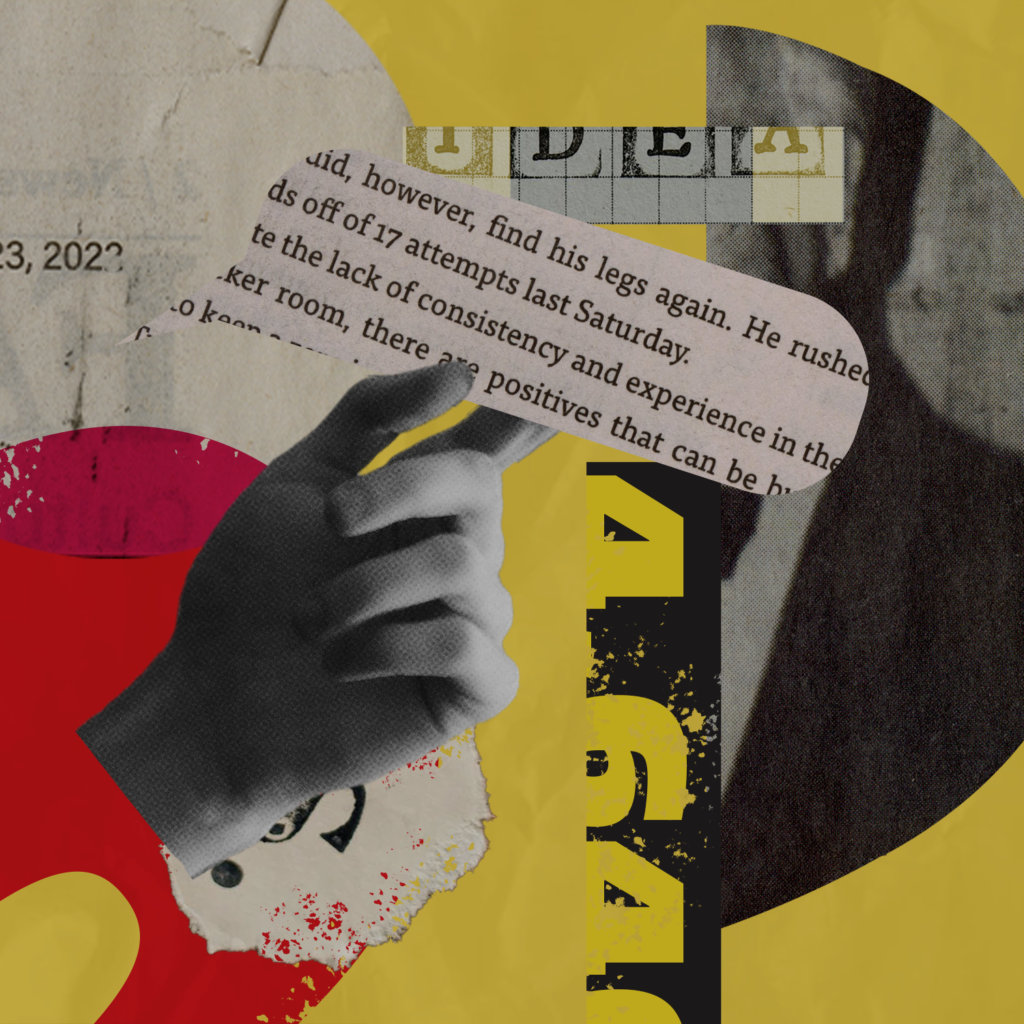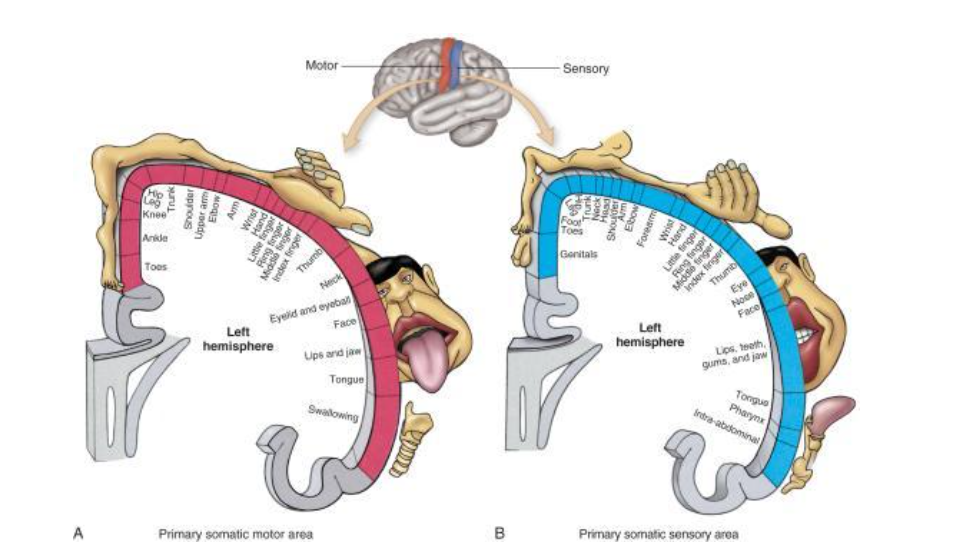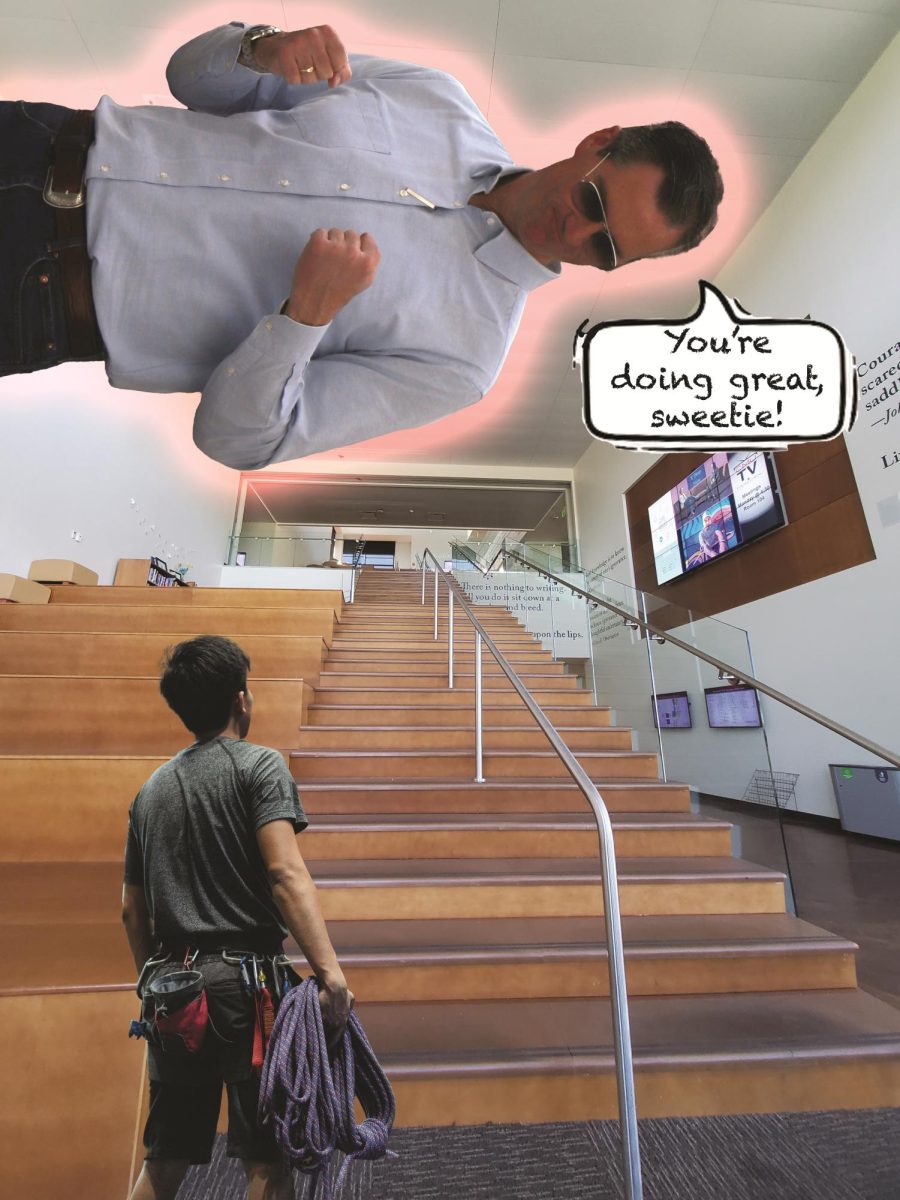We in America have the unfortunate tendency of confusing the appearance of a thing with its true content, and this is especially true with the idea of democracy.
We like to tell ourselves that we live under a democratic government, because every few years we vote for our executives and representatives, who are supposed to represent the interests of their constituents and craft and enforce laws in such a way that benefits them. However, these institutions are not necessary attributes of a democracy; they are simply the means by which democracy was supposed to be carried out in the United States.
Certainly, elections are an important part of many democracies, but the existence of elections says very little about how democratic any given government is. The essence of democracy is simple–it is when the will and interest of the vast majority of people reigns supreme as the order of the day.
In any given society, the vast majority will always be the working class; those who live by selling their labor to someone else who dictates the conditions of labor, its pay and its purchase. This individual is called a capitalist.
If an election does not represent the will and interest of the working class, it is in no way a democratic election. It is merely a bureaucratic procedure by which government officials are selected, and is no different from any other method of selecting officials.
How is an election democratic if the capitalists are the ones deciding via lobbying (legalized bribery) and big money campaign donations who gets to run for office? If none of the candidates have the interest of the working people at heart, what real choice is there? At that point, the whole sham of elections could be done away with, and nothing would fundamentally change.
By the definition given above, there is perhaps nothing less democratic than the current system of government that exists in the United States. This includes the “non-democratic” governments that are so often the targets of slander and hatred in the press. At least dictators are honest about their dictatorships; the United States government has to continually lie about being a democracy. However, even then, no one actually believes them.
Enough about what isn’t democracy. It is far more productive to talk about what is democratic. A strike of workers, backed by a union or not, is democratic. Labor unions themselves, if they have not been corrupted by that bureaucratic malaise that lays waste to many institutions, are at their core, democratic organizations. A small town church which serves as the pillar of its community, and which engages regularly with its members, is democratic.
Movements can also be democratic. For example, Occupy Wall Street in the United States, or the Yellow Vest movement in France. Both of these movements were mass uprisings of the working class against the concentration of power and wealth in the hands of a few. In a similar vein, revolutions are democratic, insofar as they are genuine social revolutions initiated by the masses, and not just glorified reshufflings of political power from one small group of individuals to another.
The social revolution is in fact the ultimate expression of democracy. It is the moment when the masses, who are typically excluded from the process of politics, forcefully break into it in order to impose their will. This necessitates ignoring the formal processes of government, which are nothing more than bludgeons the ruling class uses against them when they attempt to assert themselves via traditional means.
“The history of a revolution is for us first of all a history of the forcible entrance of the masses into the realm of rulership over their own destiny” said one of the main leaders and organizers of the Russian Revolution of 1917 Leon Trotsky.
It is in these moments of immense social tension that true democracy can be seen, if even it is only for a moment. When the working masses cannot take it anymore, when they are overburdened with duty after duty while receiving next to nothing in return. The price of living skyrockets and wages continue to stagnate and when the government no longer even pretends to care; it is moments like these when history is made, and it is made by the masses and no one else.
Let the tide of social revolution sweep away the old world and lay the ground for the building of the new, in which all are free from oppression and exploitation which is the defining feature of all societies which are divided into classes. The rule of those who do not work must come to an end, and the rule of the working class, those who make the world go round, must guide humanity into a brighter future.








